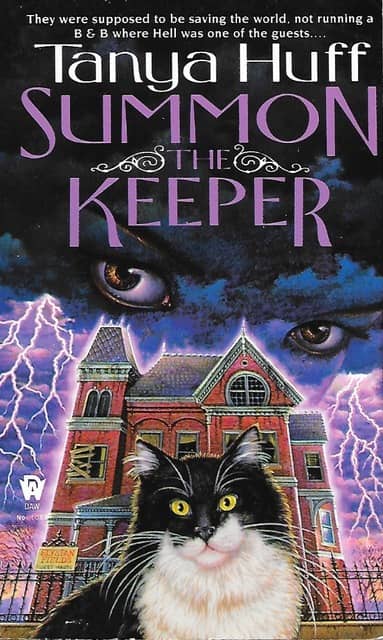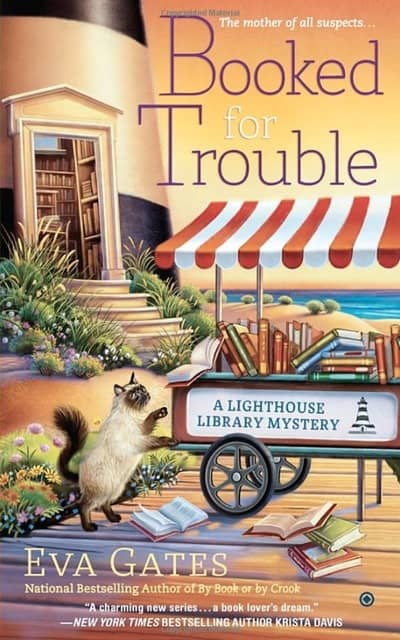The Princess Bride: What’s Not To Love?
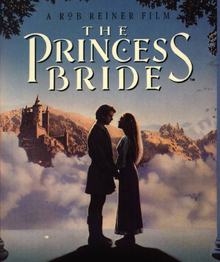 It would have been about this time of year, thirty years ago, that we first watched The Princess Bride. Anyone who knows me knows this is one of my favourite movies, it’s in my top 10 list of favourite sword-fighting movies, and it’s one that gets re-watched on a regular basis. However, I confess I was a bit concerned when I was first introduced to it: I found the title worrying. What could this be about? What kind of movie was it? All I could be sure of was it wouldn’t be some romantic nonsense, because of the friend who recommended it.
It would have been about this time of year, thirty years ago, that we first watched The Princess Bride. Anyone who knows me knows this is one of my favourite movies, it’s in my top 10 list of favourite sword-fighting movies, and it’s one that gets re-watched on a regular basis. However, I confess I was a bit concerned when I was first introduced to it: I found the title worrying. What could this be about? What kind of movie was it? All I could be sure of was it wouldn’t be some romantic nonsense, because of the friend who recommended it.
But that was all I could be sure of. This particular friend’s recommendations were either wildly successful, or horrible misfires – nothing in between. What was this one going to be?
You know the answer to that already.
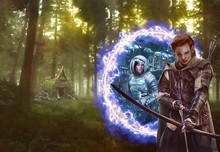
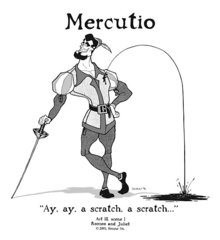

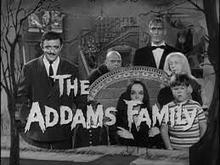 In my last couple of posts I’ve looked at
In my last couple of posts I’ve looked at 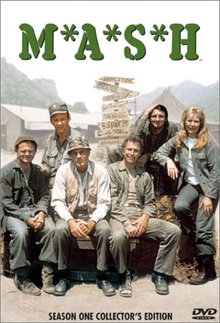
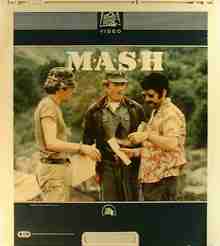
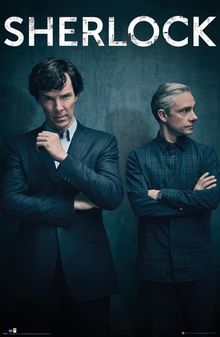 There’s one thing that novelists, as a rule, don’t need to worry about and that’s having a remake done of one of their books. Sure, there are movie adaptations, but that’s not really the same thing.
There’s one thing that novelists, as a rule, don’t need to worry about and that’s having a remake done of one of their books. Sure, there are movie adaptations, but that’s not really the same thing.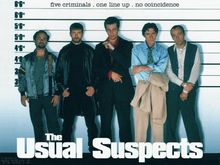 It’s almost impossible for me to avoid movie spoilers. If it isn’t reviews (some of which aren’t very careful) articles on specific or general movie features, actors, genres, etc. then it’s discussions on social media.
It’s almost impossible for me to avoid movie spoilers. If it isn’t reviews (some of which aren’t very careful) articles on specific or general movie features, actors, genres, etc. then it’s discussions on social media.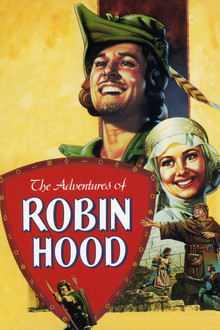 One of the most common topics of conversation among those who both read books and watch movies is the difference between the one and the other. Often it’s specific things like “that’s not how I pictured the protagonist” or, “where’d my favourite character go?” Sometimes it’s more general stuff like which medium did the overall job better.
One of the most common topics of conversation among those who both read books and watch movies is the difference between the one and the other. Often it’s specific things like “that’s not how I pictured the protagonist” or, “where’d my favourite character go?” Sometimes it’s more general stuff like which medium did the overall job better.